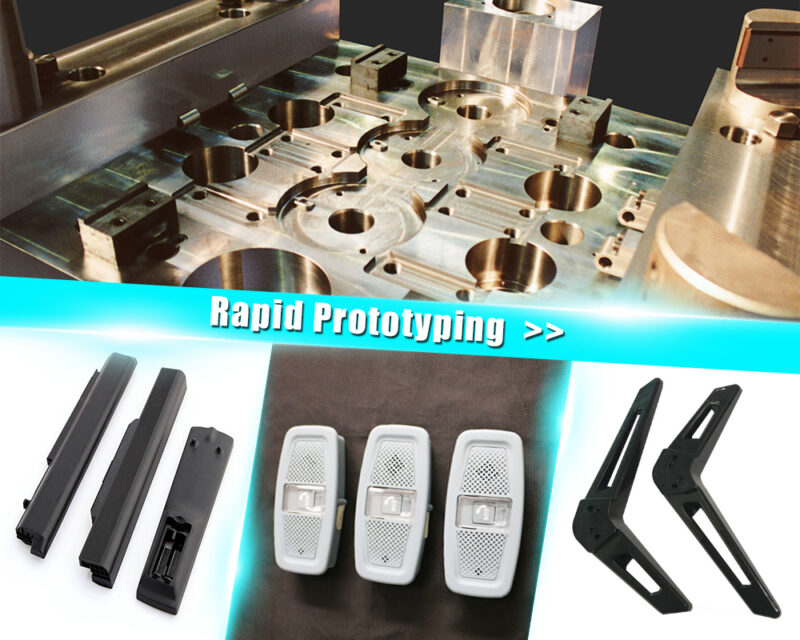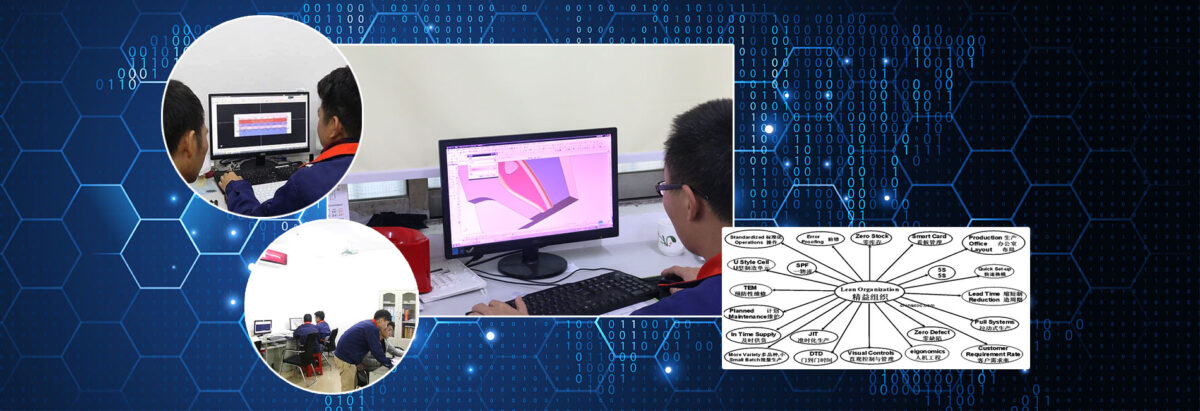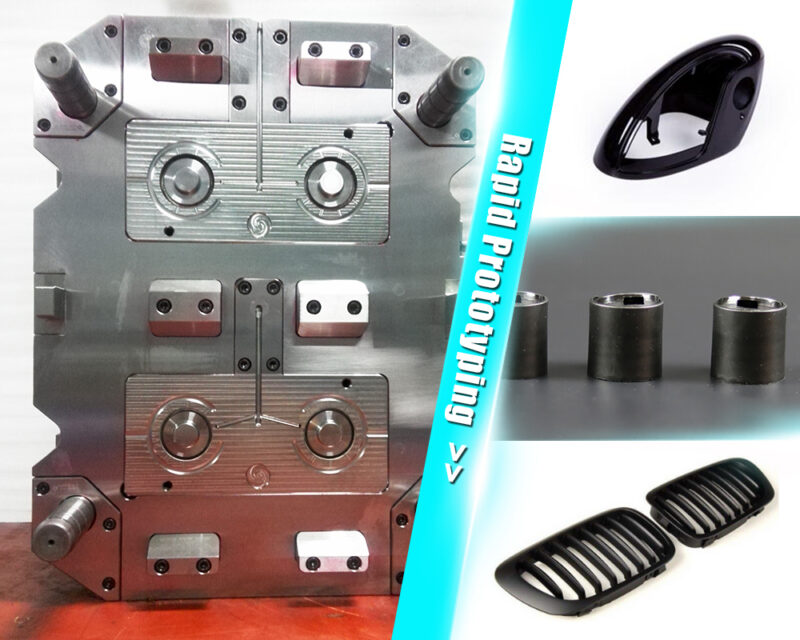Additive manufacturing is a generic name for a group of manufacturing methods that dare to move away from the conventional oiled-machine approach. One of these methods is called fused deposition modeling. The fused deposition modeling method is used most commonly in prototyping, model building or production applications.

How does it work?
Fused deposition modeling works on an additive principle that is common to the group of additive manufacturing systems. It process is in general, similar that of other machines. However, the system itself takes the process forward in different steps.
- The fused deposition modeling system, like other systems, has a powder material bed.
- The materials, e.g. thermoplastic, are laid out in layers.
- There is a plastic filament-like wire which is part of a larger coil.
- This coil carries the material to a nozzle that controls the movement or flow of the material.
- The nozzle is heated and this melts the material as it flows through it.
- The nozzle of the fused deposition modeling system can move both horizontally and vertically, letting melted material flow as it moves.
- The movement of the nozzle is controlled by a design generated by a computer aided manufacturing software.
- Small beads of the melted material leave the heated nozzle to form layers.
- The material hardens almost as soon as it leaves the nozzle to form layers as new beads layer up on top, ultimately forming the part or model.
Materials:
- The materials that can be used are plenty and quite easily available.
- These materials, although available easily, need to be chosen from carefully based on their strength and the heat that they can work with sustainably.
- The properties of each material need to be kept in mind depending on the part or model that needs to be made.
- The fused deposition modeling system can work with materials like acrylonitrile butadiene styrene polymer, polycaprolactone, polycarbonates, polyphenylsulfones and even waxes.
- Within the manufacturing process, a particular water soluble material can be employed to make for a temporary support.
- This particular water soluble material is employed by quickly dissolving in with specialized agitation equipment that uses a sodium hydroxide solution that is heated a precise amount.
History
This is one of those methods that can probably termed as a mode3rn method. Unlike most of the other methods of similar class, this method has been introduced to the world very recently. The fused deposition modeling system was developed by an S. Scott Crump. Crump developed the fused deposition modeling system in the late 1980s but it was commercialized only in 1990. Since then this method has been one of the most successful and one of the most highly used methods in most parts of the world. In the past decade this method has seen a lot of popularity and has attracted a lot of people who are into the world of manufacturing.
For more about additive manufacturing,you can pay a visit to start prototyping at http://www.startprototyping.com
About Start Prototyping

Start Prototyping mainly supply our rapid prototyping service and plastic injection manufacturing for many 3D print companies in the world.
Start Prototyping has been engaged in rapid prototyping about 10 years, helping too many designers to turn their ideas into reality. Most of the conceptual prototype of the design has been successfully put into the market and has achieved good benefits. Among them, the most representative metal prototype machining, plastic prototype machining, CNC aluminum machining, Low-Volume Manufacturing, processing technology including CNC machining, vacuum casting, rapid tooling, 3D printing and so on. We have the standard quality inspection process, which is completely in line with the customer’s industrial design. It’s a great honor to be a partner with you.
Contact Info
Contact:James Yuan
Company:Start Prototyping
Add:LongGang Village, LongXi Town, BoLuo County, HuiZhou City,GuangDong Province, China
Tel:+86-13352636504
Email:[email protected]
Web:http://www.startprototyping.com

